The clash between First Amendment freedom and LGBTQ discrimination took center stage in the Supreme Court case of 303 Creative v. Elenis. The case revolved around Lorie Smith, a graphic designer from Colorado, who declined to create wedding websites for same-sex marriages.
In a landmark 6-3 decision, the Supreme Court ruled in favor of Smith. Justice Neil Gorsuch, in the majority opinion, underscored the significance of personal conscience and the freedom to express one’s thoughts. He maintained that Colorado’s endeavor to force speech conflicting with Smith’s beliefs infringed upon her First Amendment rights. Gorsuch contended that tolerance, rather than compulsion, should serve as the guiding principle, asserting that individuals ought to be at liberty to think and voice their opinions without government intervention.
This case brought to the forefront the conflicting interests of free speech and non-discrimination, capturing nationwide attention. At the core of the legal dispute was Colorado’s Anti-Discrimination Act (CADA), which prohibits businesses from refusing services based on identity. Supporters of CADA argue for its necessity in preventing discriminatory practices by businesses.



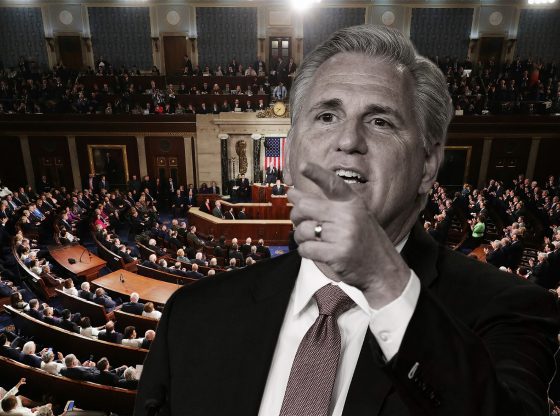


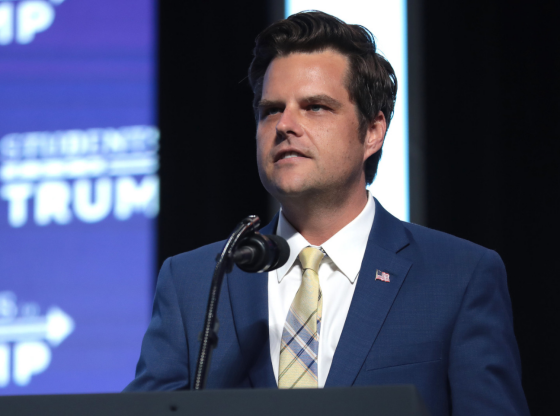

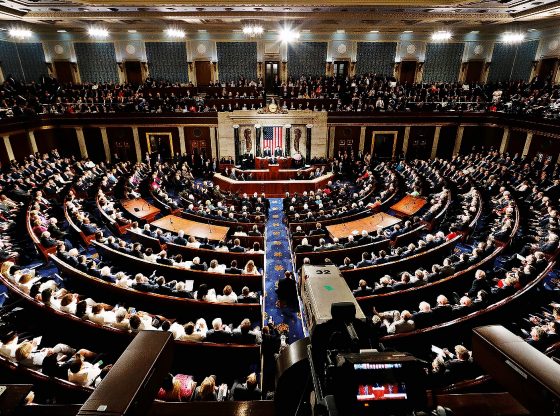
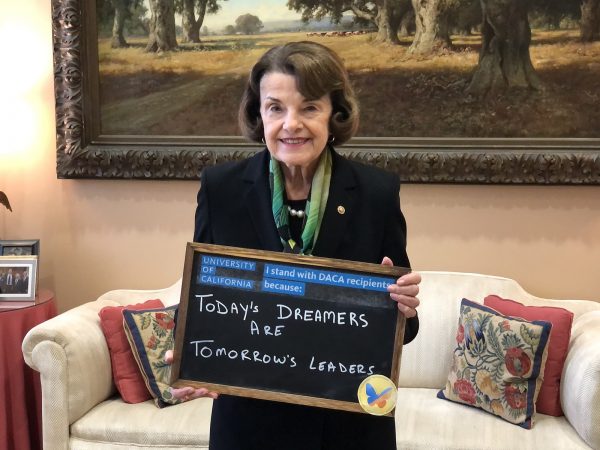
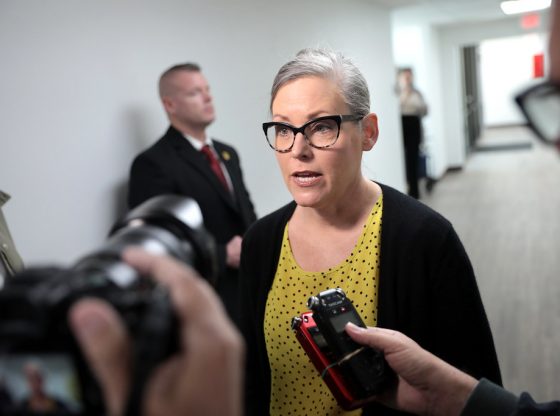





More GREAT news!!